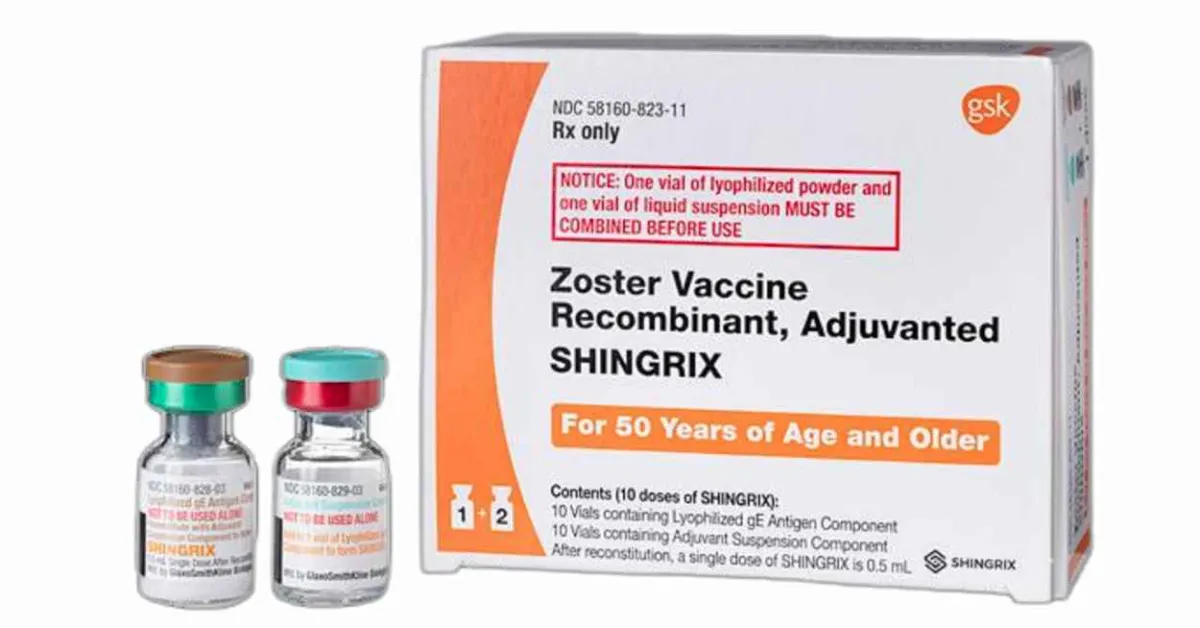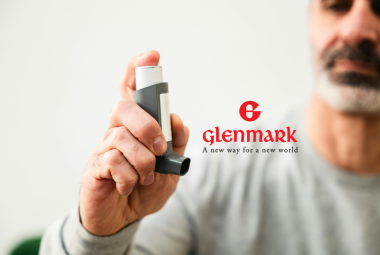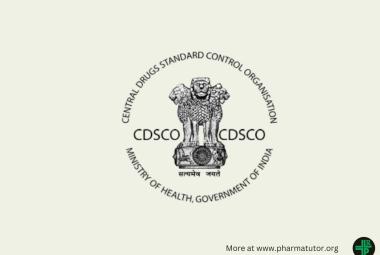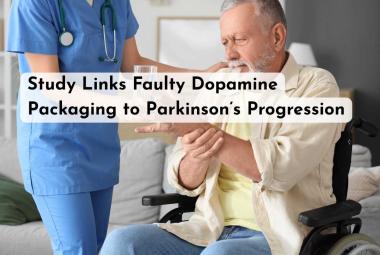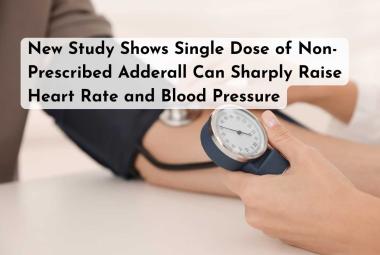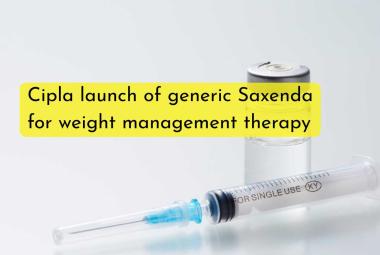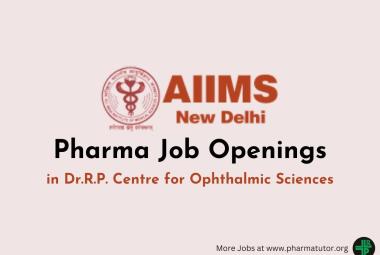Dr Javier Díez-Domingo, Principal Investigator, FISABIO (Foundation for the Promotion of Health and Biomedical Research of the Valencian Community, Spain) said: “These final data demonstrate continued protection over more than a decade with high efficacy maintained in both the 50+ and 70+ age groups. Infectious diseases like shingles pose a significant risk to adults due to the natural decline in our immune system, and these data represent a remarkable advancement in our understanding of what can be achieved long-term for effective protection against shingles.”
Phil Dormitzer, Senior Vice President, Head of Vaccines R&D, said: “These data go far beyond the typical long-term follow-up period for a trial, tracking the efficacy of vaccination for some participants as they aged into their 70s, 80s and 90s. With the vaccine now included in many national immunisation programmes around the world, these data add to the body of evidence on the extended long-term protection against shingles and provide further confidence to inform public immunisation strategies.”
Globally, shingles will affect up to 1 in 3 people in their lifetimes. A variety of factors can increase the risk of developing shingles, including advancing age and immunodeficiency or immunosuppression, as well as other chronic conditions such as COPD, diabetes mellitus, and asthma.7 Shingles typically presents as a rash, with painful blisters across the chest, abdomen or face,8 with the pain often described as aching, burning, stabbing or shock-like. Following the rash, up to 30% of people experience post-herpetic neuralgia (PHN),9 a long-lasting nerve pain that can last weeks or months and can occasionally persist for several years. Shingles is also associated with significant healthcare and human cost, with 57% of people with shingles reported missing work for an average of 9.1 days.
We will continue to evaluate long-term data and conduct real-world evidence studies related to vaccine efficacy, immunogenicity, and safety across indicated populations, including those at highest risk of shingles to assess a potential need for revaccination in future.
About ZOSTER-0491
ZOSTER-049 is a phase III open-label, long-term follow-up trial from two pivotal phase III randomised clinical trials (ZOE-50, ZOE-70). The trial evaluated the efficacy, safety, and immunogenicity in adults 50 years and over at time of vaccination, for six additional years after completion of the ZOE-50 and ZOE-70 trials, up to approximately 11 years of follow-up.
ZOSTER-049 included over 7,000 participants from 18 countries across five continents, with vaccine recipients compared to historical controls.
No new safety concerns were identified during the follow-up period in ZOSTER-049. No serious adverse events were considered causally related to RZV vaccination by the investigators. In adults aged 50 years and over, the most frequently reported adverse reactions with RZV are pain at the injection site, myalgia, fatigue and headache. Most of these reactions were mild to moderate in intensity and generally lasted less than three days.
Shingles is caused by the reactivation of the varicella-zoster virus (VZV), the same virus that causes chickenpox. By age 50, VZV is present in most adults and may reactivate with advancing age. As people age, the strength of the immune system response to infection wanes, increasing the risk of developing shingles.


